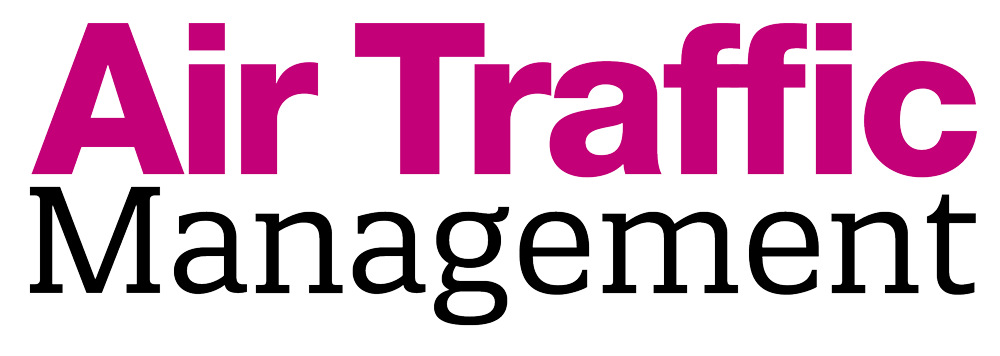NATS, the UK’s leading air navigation service provider, has cemented its longstanding involvement in the Single European Sky ATM Research (SESAR) programme by becoming an Associated Member of the SESAR 3 Joint Undertaking.
NATS has been involved with SESAR, a cross-industry research and development programme focused on increasing the overall efficiency of ATM across Europe, since it began in the mid-2000’s. After the UK left the European Union, NATS continued to participate in SESAR projects but was unable to continue membership of the managing body that coordinates activities across the programme – the SESAR 3 Joint Undertaking (SJU).
That will now change. The UK’s association to the EU’s Horizon Europe programme in 2023 has paved the way for NATS to become an Associated Member of the SESAR 3 JU, giving the UK a seat at the table in one of Europe’s largest public-private partnerships.
This is a significant milestone, and highlights NATS' continuous efforts to shape the future of air traffic management and contribute to the advancement of technology across the aviation industry in Europe.
"As a longstanding contributor to the SESAR programme, we are delighted to have our associated membership of the SESAR 3 JU confirmed” said Martin Rolfe, CEO of NATS. “We’re grateful to all members of the SESAR 3 JU for the spirit of cooperation they have shown, and we are excited to play a pivotal role in advancing ATM technologies for the benefit of the entire European aviation community."
Andreas Boschen, Executive Director of the SESAR JU, has also welcomed NATS’ membership. "The addition of NATS to the SESAR Joint Undertaking marks a significant milestone in our journey towards a modern, digitalised European sky. Their expertise and innovative spirit are invaluable as we work together to enhance the safety, capacity, and sustainability of European air traffic management."
Despite not having SESAR JU membership since 2021, NATS has continued to contribute to the programme, working with European partners on 19 research and 2 demonstration projects in the SESAR 3 programme. Research topics include trajectory-based operations, automation, demand capacity balancing, virtualisation, integrating new airspace users, and new areas of research such as reducing the non-CO2 effects of aviation by mitigating contrail impacts, and new styles of operation like formation flying to reduce fuel burn and emissions.
With air traffic returning to pre-Covid levels, this is a critically important time for the aviation industry. The SESAR programme has given the European aviation industry a unique ability to research, develop and deploy the innovations that will transform Europe’s airspace into the most efficient and environmentally friendly in the world, and with a seat back at the table, the UK through NATS will play a leading role in delivering that.
